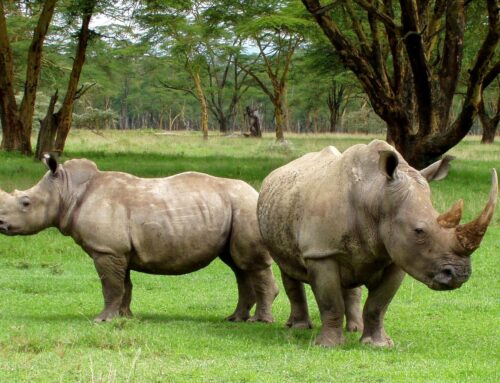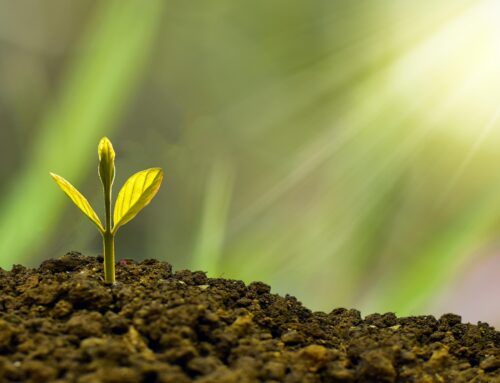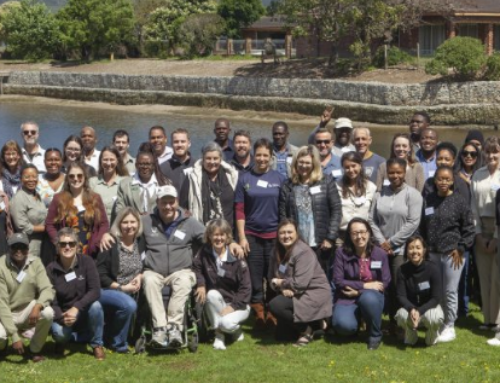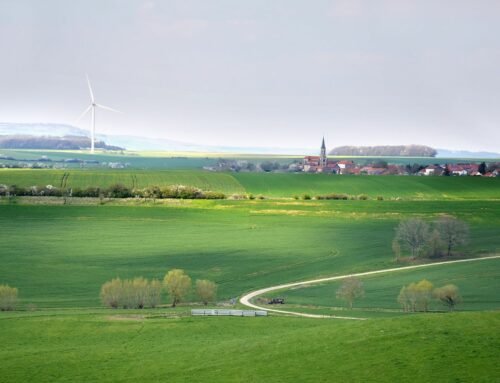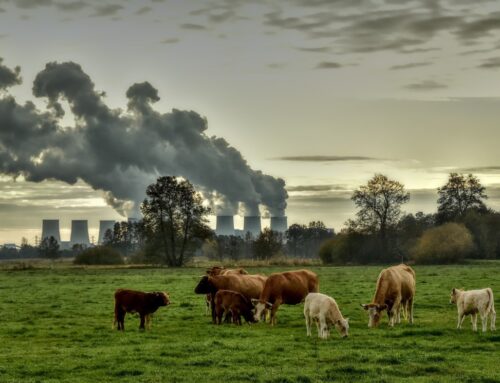The Resilience Hub, an online portal for resilience in practice, launched today. This central information gateway offers users easy access to a variety of resources including webinar recordings, training materials, podcasts, publications and more, aimed at promoting resilience building in the southern African region.
“Until now resources like these have been scattered across the internet,” explains Maike Hamann, one of the creators of the portal. “We wanted to create a central platform where resilience practitioners, researchers, and other stakeholders could easily and freely access a diversity of resources catered to the southern African context.”
“We wanted to ensure that it was easy to find and share information, tools and best practice guidelines, and create an online information repository that can grow and expand into the future as more content becomes available.”
The Resilience Hub was developed by the Centre for Complex Systems in Transition (CST) at Stellenbosch University, with support from the USAID Resilient Waters Program. The information available on the Hub is tailored to practitioners working in southern Africa, with the aim of providing easily accessible and practice-oriented resilience case studies, research, and tools. For example, the Hub features a number of webinar series, including a series on transfrontier conservation created by the Southern African Development Community’s Transfrontier Conservation Areas Network. The Hub also features a webinar series hosted by the CST, which explores resilience across different thematic areas such as wildlife economies and livelihoods, food systems, cities, and sustainable futures. Visitors to the Hub can also access video content from “Resilience Action Dialogues”, which brought together practitioners from across the southern African region to create a community of practice and shared understanding of resilience.
A key part of the Hub is dedicated to tools and process support, where visitors to the site can find information on different methods and approaches that have been used to understand and build resilience in the region, such as sense-making, climate risk narratives, and Wayfinder.
In addition, the Hub contains a large repository of publications on the topic of resilience, ranging from reports and policy briefs to scientific articles and popular science content. Of course, there is always more to discover and learn, which means that the Resilience Hub is not static or complete. It is meant to grow and evolve as it continues to capture the latest, cutting-edge research and practice for southern Africa.
If you have resources to share, please visit www.reshubafrica.org and submit your suggestions to reshubafrica@gmail.com.



